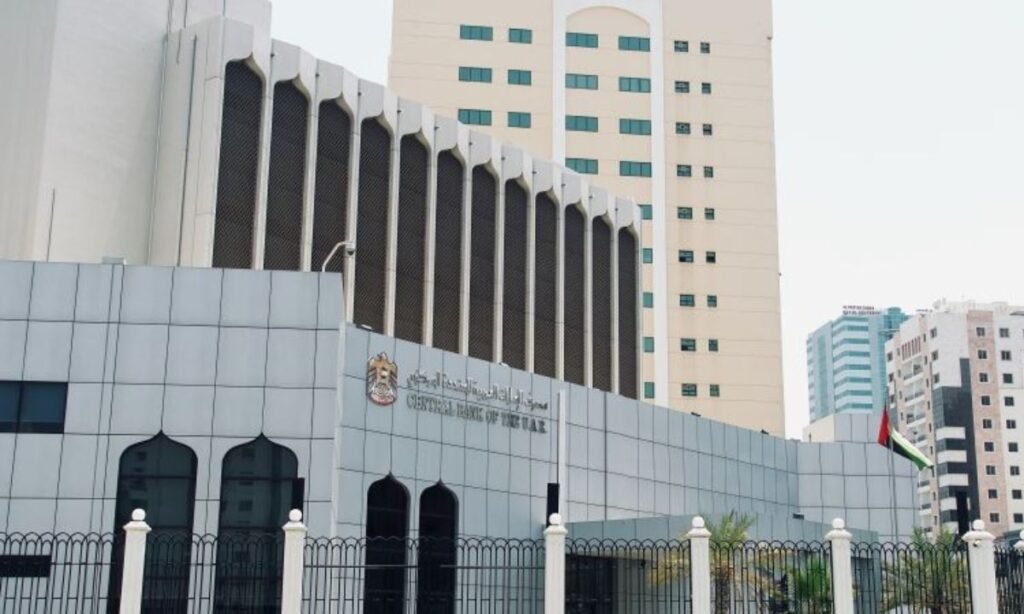In a decisive move to uphold transparency and financial integrity, the UAE Central Bank has announced a financial sanction against a domestic bank. This action follows an investigation that revealed non-compliance with specific regulatory obligations under the country’s banking and anti-money laundering framework. The Central Bank’s response underscores its commitment to ensuring that financial institutions operating within the UAE adhere to the highest standards of governance, risk management, and compliance.
Nature of the Sanction and Its Implications
The financial sanction, imposed in accordance with the applicable UAE regulations, reflects the severity of the violations identified during the regulatory review. While the exact amount of the penalty has not been disclosed, the Central Bank emphasized that the punishment serves as a warning and reminder to all banks to comply strictly with legal requirements. Such penalties typically arise from failures in due diligence procedures, lapses in anti-money laundering controls, or insufficient reporting protocols all of which can compromise the financial system’s integrity.
Why Regulatory Compliance Matters
The UAE, as an international financial hub, has continually emphasized the importance of a robust regulatory environment. Financial institutions are expected to play a key role in preventing illicit financial activities, including money laundering and terrorism financing. The Central Bank’s sanction demonstrates a zero-tolerance approach toward any institution that fails to meet these responsibilities. It is also an affirmation of the regulator’s vigilance in protecting the UAE’s reputation and financial stability.
Impact on the Financial Sector and Public Confidence

While the sanction targets a specific institution, its impact reverberates across the financial sector. It sends a clear message to other banks and financial entities that lapses in compliance will be met with swift and firm action. At the same time, this move helps reinforce public and investor confidence in the banking system, showing that regulatory bodies are proactive in policing the sector and upholding accountability.
Next Steps for the Penalized Institution
Following the imposition of the sanction, the penalized bank is expected to undertake corrective measures to address the shortcomings identified during the review. This typically involves enhancing internal controls, revising compliance frameworks, and investing in employee training to prevent future breaches. The Central Bank has confirmed that it will continue to monitor the institution closely to ensure that all regulatory expectations are being met in full.
Strengthening the UAE’s Financial Governance Landscape
This enforcement action aligns with the UAE’s broader vision of maintaining a world-class financial system that is transparent, trustworthy, and well-regulated. As the country continues to attract global investment and financial activity, the role of institutions like the UAE Central Bank in overseeing and enforcing best practices remains more vital than ever. The latest sanction is not just a penalty it is a reaffirmation of the UAE’s firm stance on regulatory integrity and financial discipline.

